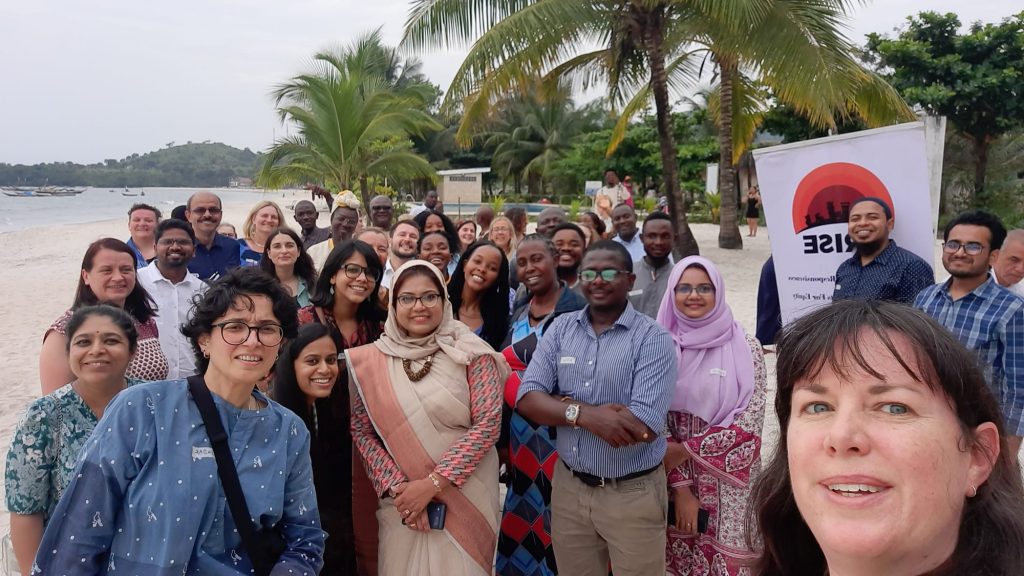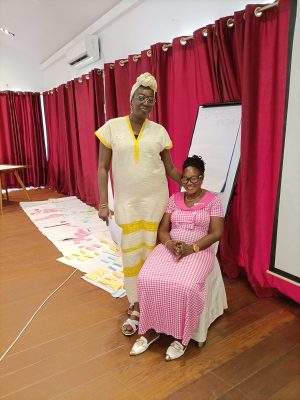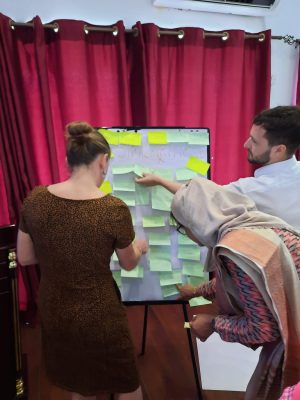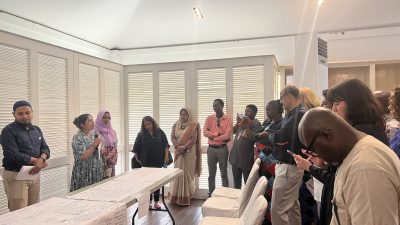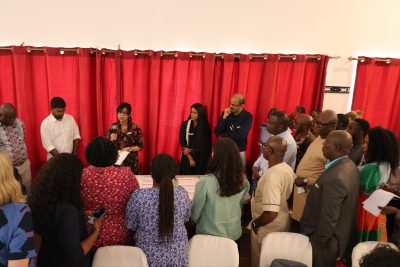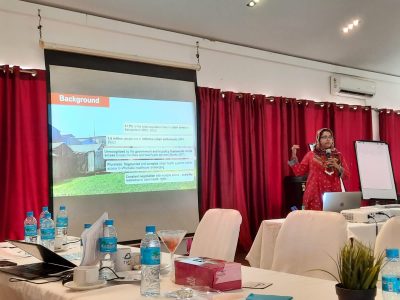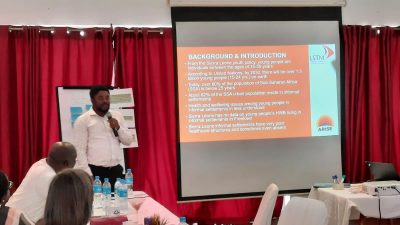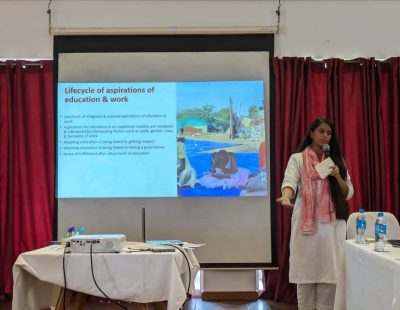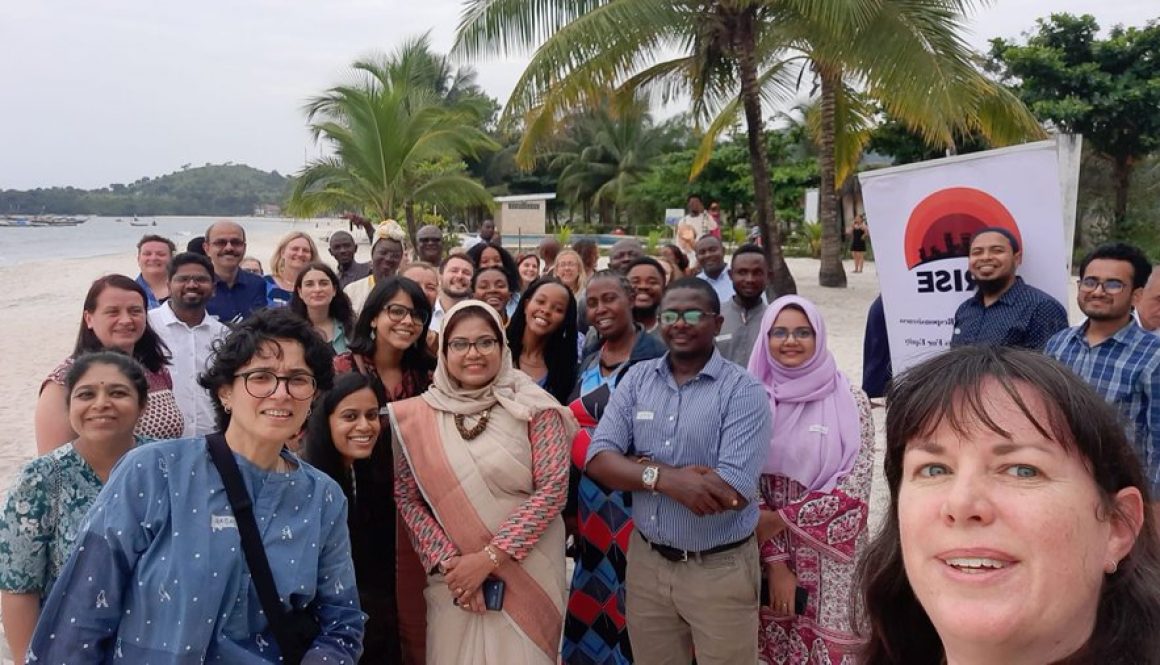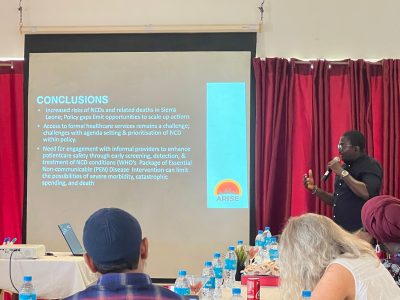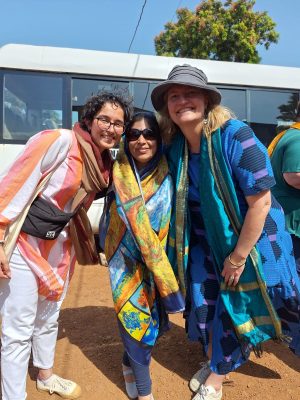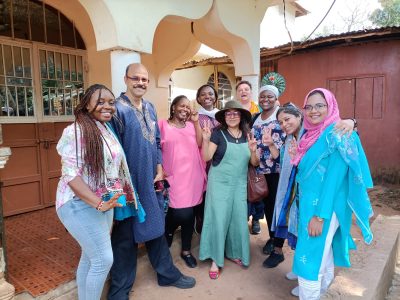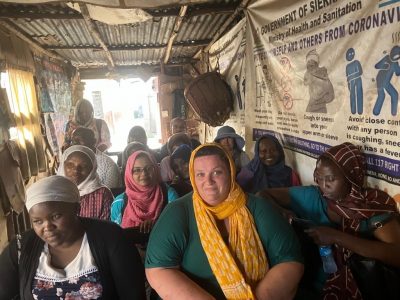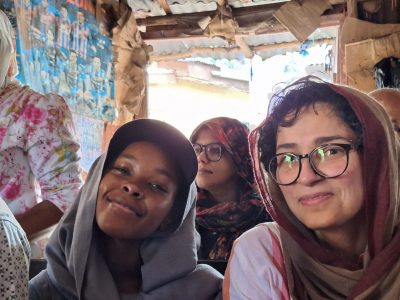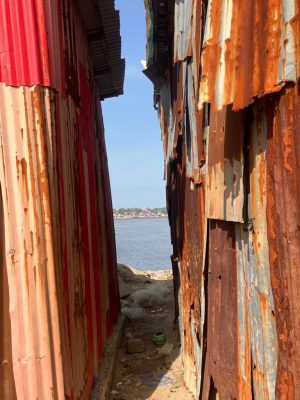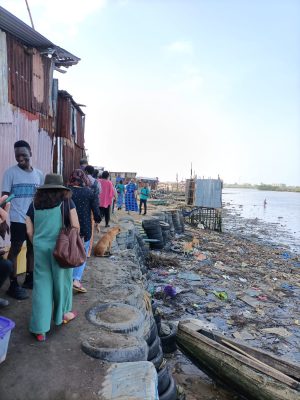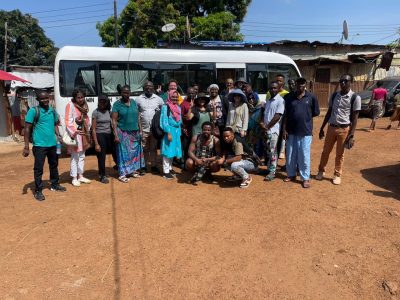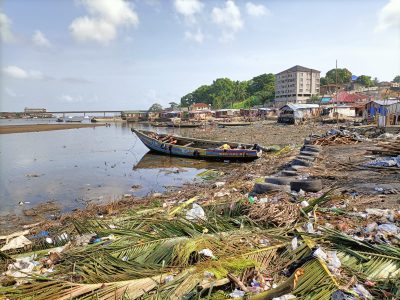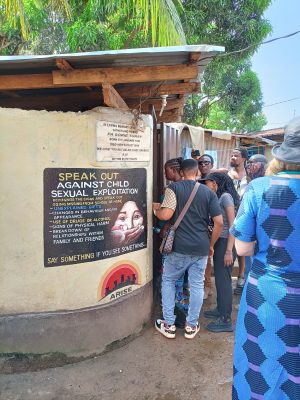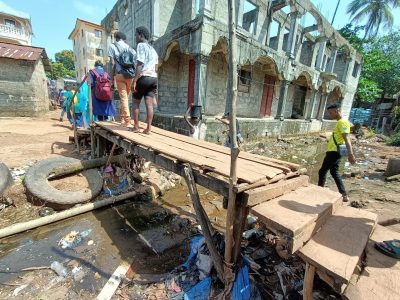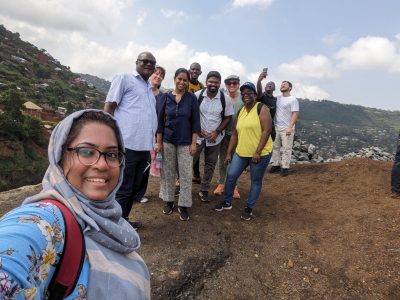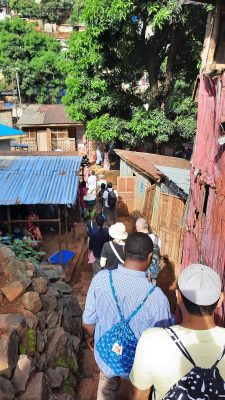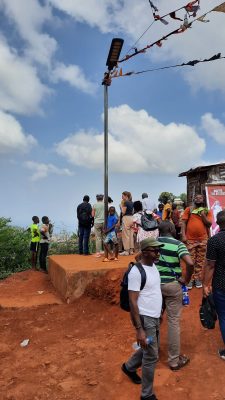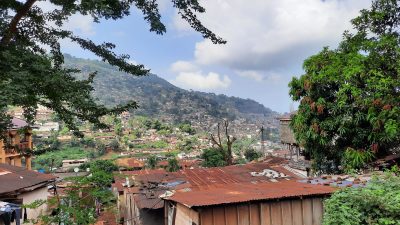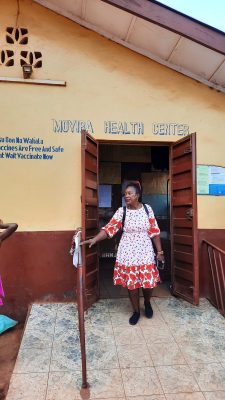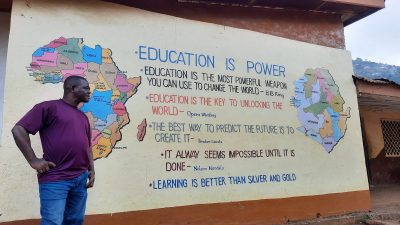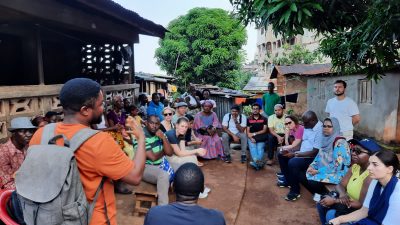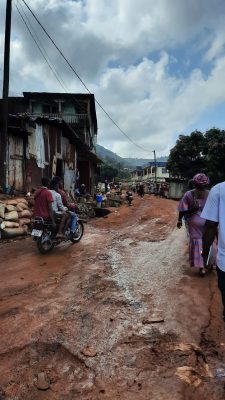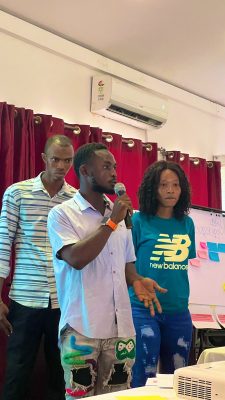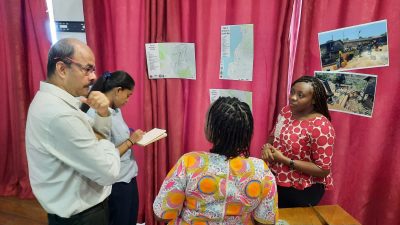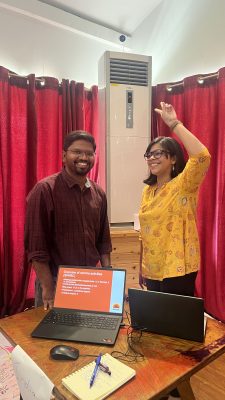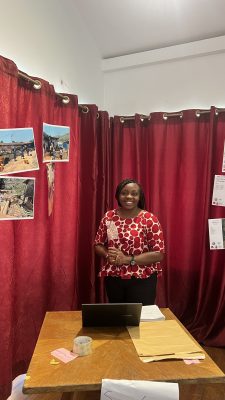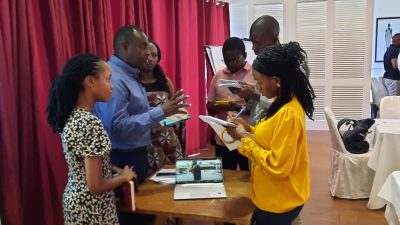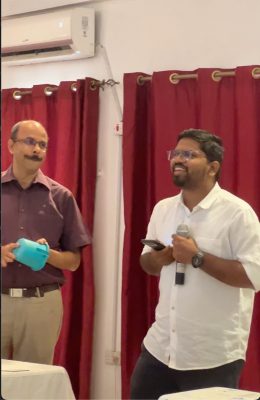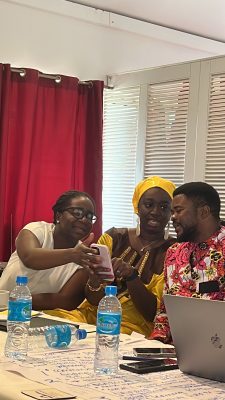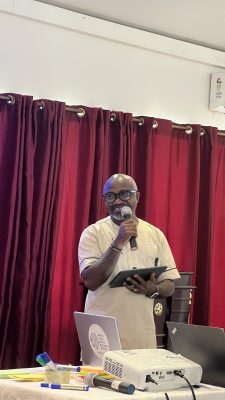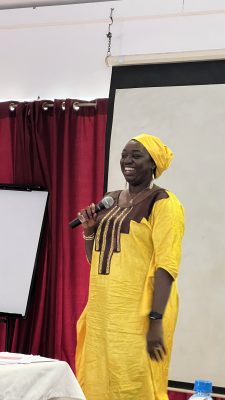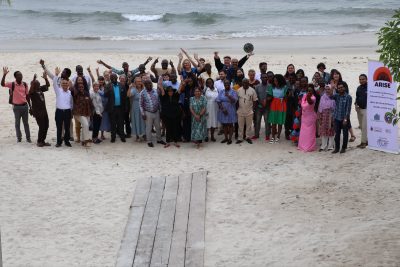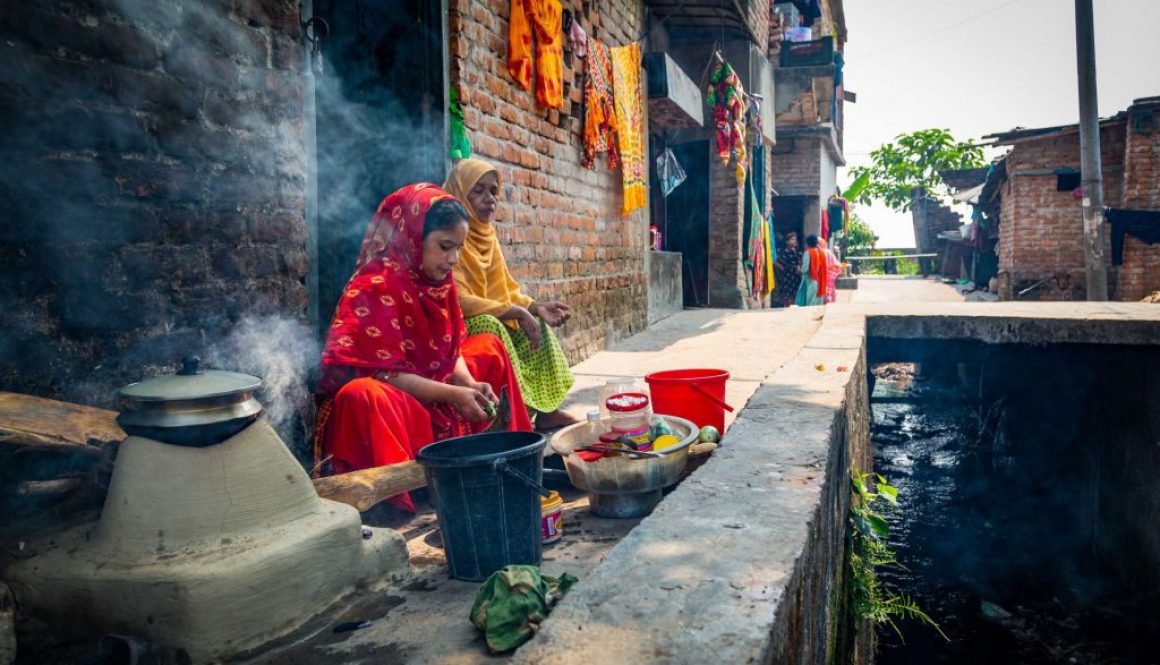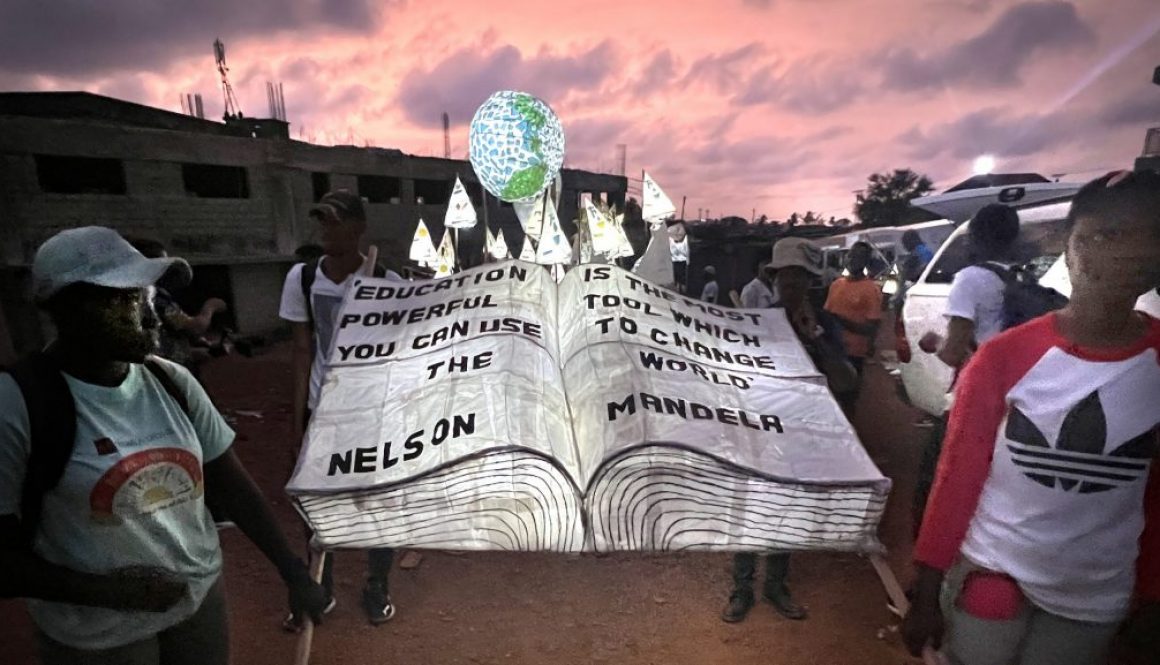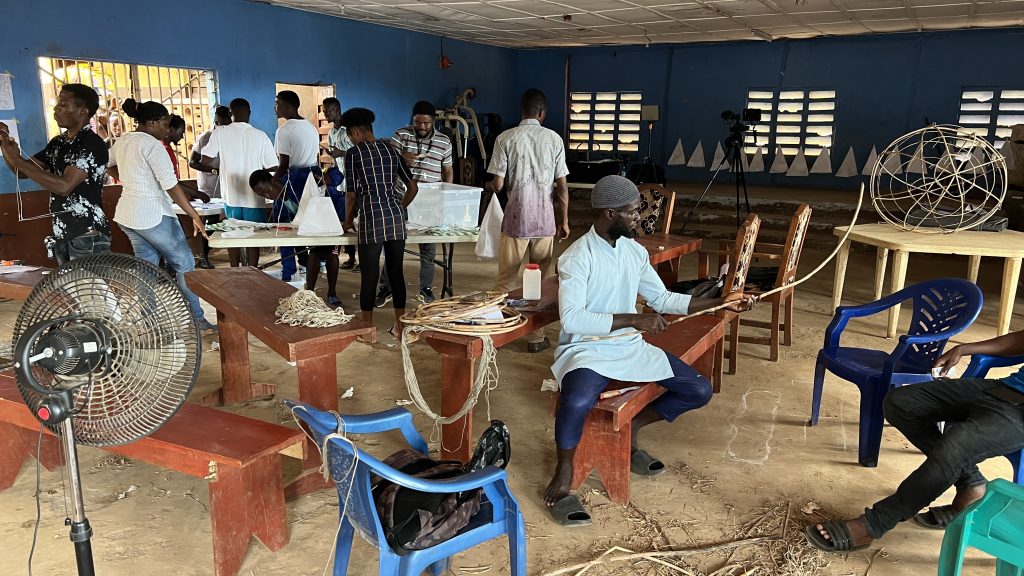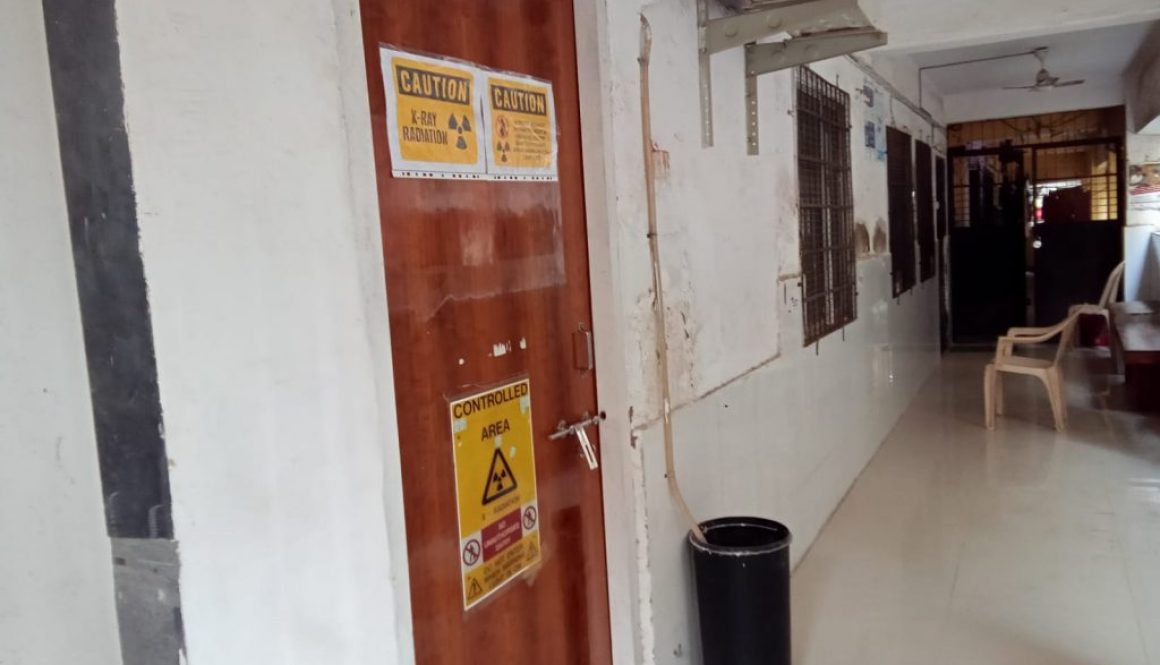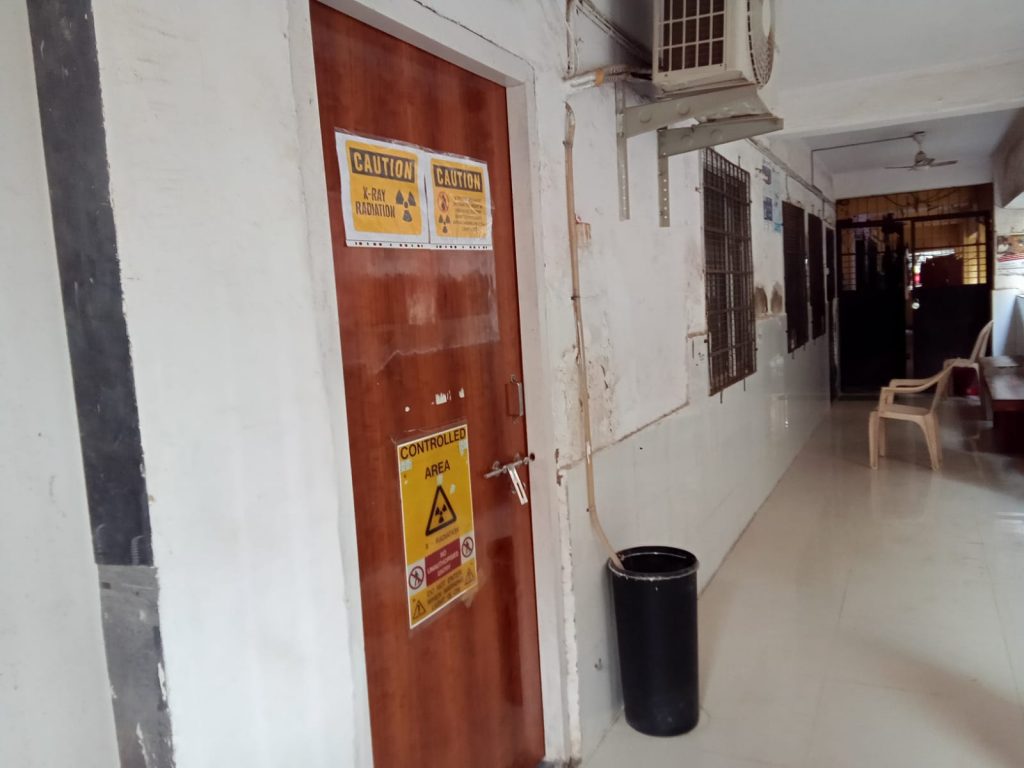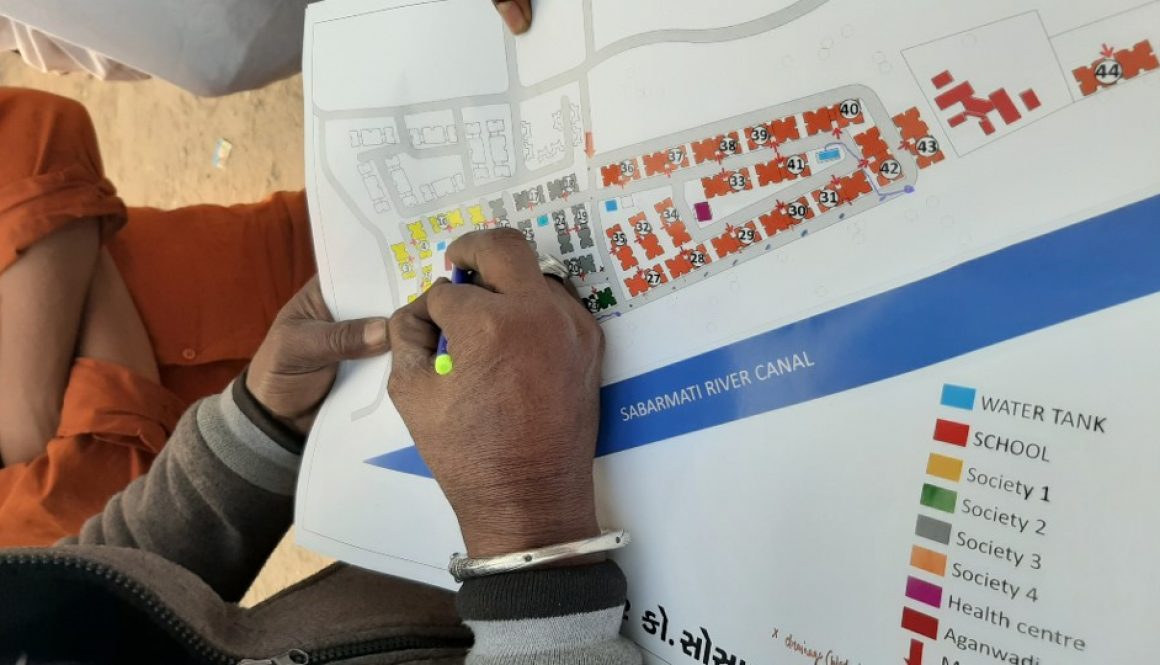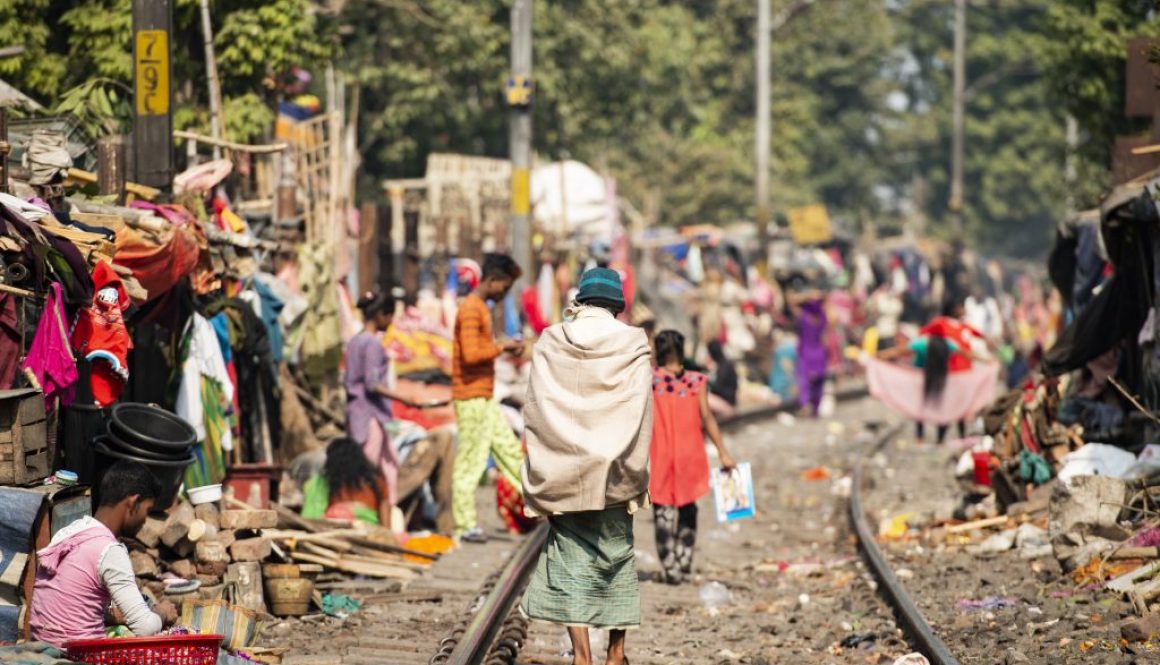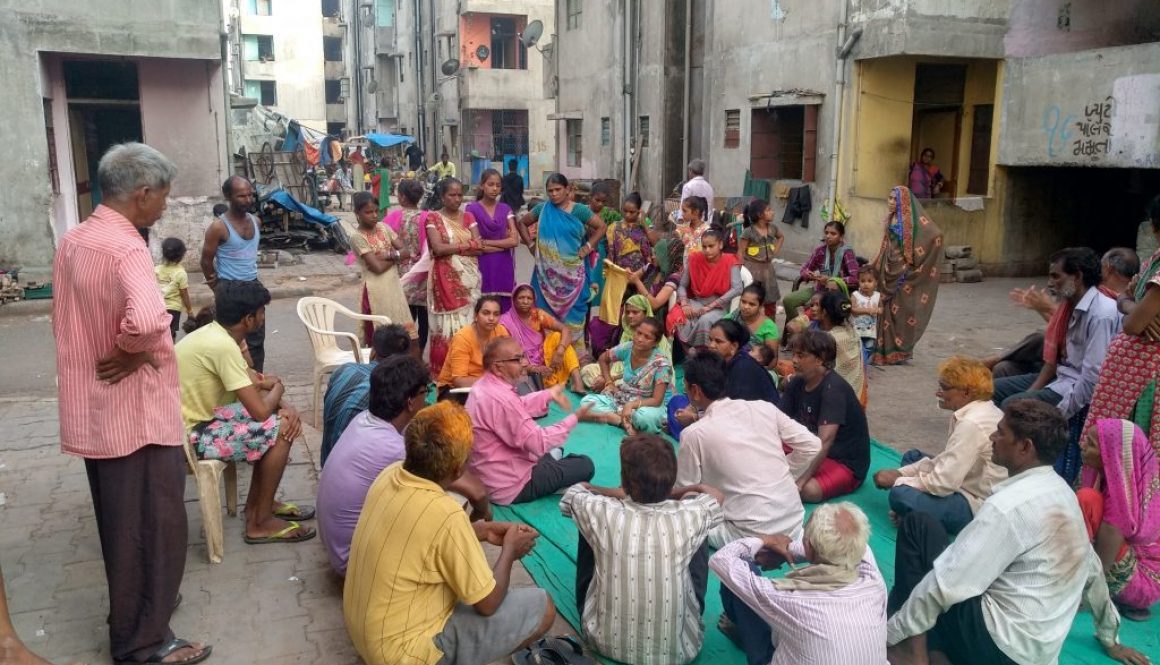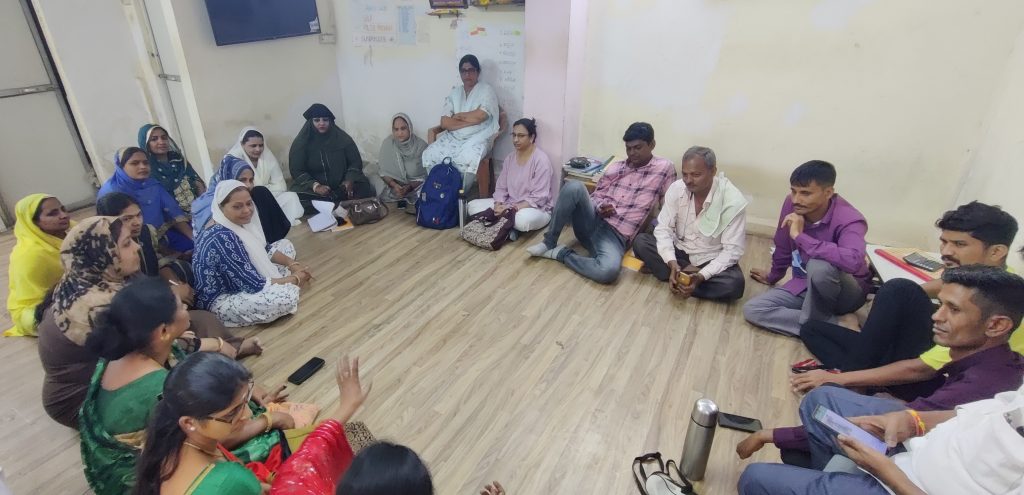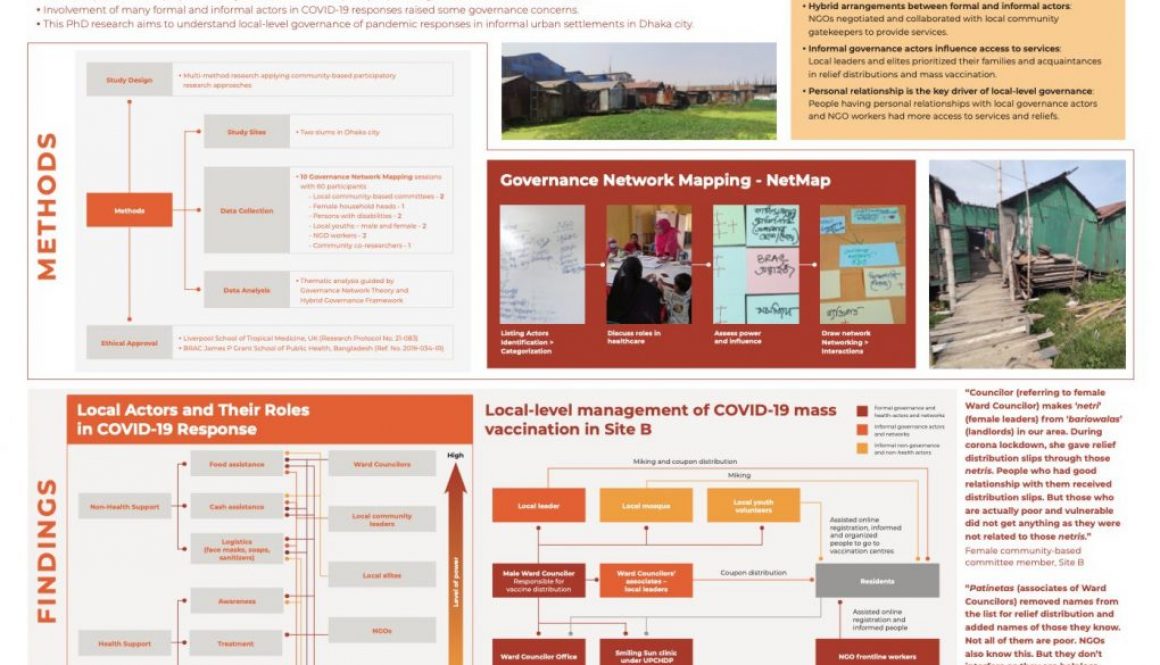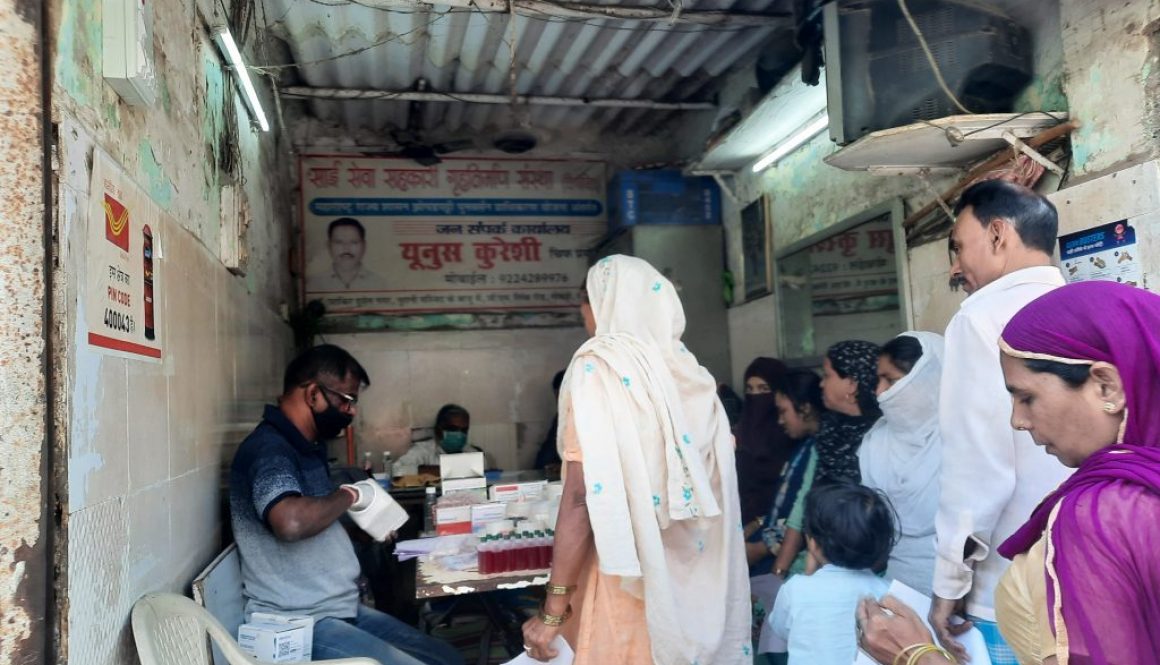The International Society for Urban Health (ISUH) is the only global non-governmental organization solely focused on advancing urban health and health equity by addressing the broader determinants of health. Through its annual global conference and program activities, the ISUH serves as a platform for interdisciplinary academic researchers and educators, practitioners and policymakers from multiple sectors in government and the private sector – NGOs and businesses to learn from each other and advance evidence and action that improves urban health.
We are delighted to join our colleagues at the 2022 International Conference on Urban Health 24-27 October – flying the flag for ARISE research. We are holding a mix of in-person and virtual sessions so whether you are travelling or attending from the comfort of your own home there is something for everyone! Check the agenda below and attend our sessions.
Monday, October 24, 2022 Parallel Session 1: 11:30 – 13:00 CET
The economics of health-care access in low- and middle-income countries: A scoping review and evidence map on the economic impact of health-care access for urban populations
The growing urban population imposes additional challenges for health systems in low- and middle-income countries (LMICs). The lack of good quality public services and reliance on the private sector result in high costs and catastrophic health expenditures (CHE). We undertook this scoping review to document the economic impact of access to care and to identify inequalities in health-care expenditure and CHE across urban populations. This review was developed as part of the ARISE research consortium which aims to enhance accountability and improve the equitable health and wellbeing of marginalised populations living in slums in LMICs. This is a collaborative study developed by representatives from the ARISE partner organisations in the UK, India, Bangladesh, Sierra Leone and Kenya.
This scoping review presents a narrative synthesis of cost studies conducted in urban areas of LMICs. We categorised studies as conducted only in slums, city-wide studies with measures of wealth and conducted in slums and non-slums settlements. The definitions of slums used in the studies were mapped against the 2018 UN-Habitat definition. We combined three quality assessment checklists (patient costs, health economics, and observational and cross-sectional studies). We calculated the costs of accessing health care, concentration curves, index and incidence of CHE of acute, chronic and unspecified health conditions. We developed an evidence map to identify research gaps in the domains of the total number of studies, health interests and country. The review had a strong capacity strengthening element and all reviewers completed the Cochrane interactive learning modules on systematic reviews. The review team met regularly to develop skills and ensure quality and consistency throughout the review.
We identified 64 studies for inclusion, the majority of which were from South-East Asia (59%) and classified as city-wide (58%). None of the definitions of slums used covered all characteristics proposed by UN-Habitat. We found severe economic burden across health conditions, wealth quintiles and study types. Compared with city-wide studies, slum studies reported higher direct costs of accessing health care for acute conditions and lower costs for chronic and unspecified health conditions. Health-care expenditures for chronic conditions were highest amongst the richest wealth quintiles for slum studies and more equally distributed across all wealth quintiles for city-wide studies. The incidence of CHE was similar across all wealth quintiles in slum studies and concentrated among the poorest residents in city-wide studies. The evidence map showed that city-wide studies reached a higher number of studies and sample size in almost all domains, but most of the evidence was classified as poor quality.
Our findings indicated severe, but different patterns of the economic burden of accessing health care for slum dwellers and residents across LMIC cities. Financial protection schemes must consider the complexity of healthcare provision in the urban context. Further research is needed to understand inequities in healthcare expenditure in rapidly expanding and evolving cities in LMICs. We are currently using our findings to develop policy briefs and recommendations to decision-makers in ARISE countries and advocate for improvements in health care access for vulnerable slum-dwellers.
Room: Aula Cavanilles
By: Noemia Siqueira Filha, Jinshuo Li, Penelope Phillips-Howard, et al.
Wednesday, October 26, 2022 Virtual Session 7: 10.30-12.00 CET
Urban poor, city development and vulnerabilities: Learning from the ARISE project in Bangladesh
The rapid urban growth of Bangladesh is driven by rural-urban migration for better employment opportunities. Most migrants cannot afford proper accommodation in the cities and start living in densely populated informal urban settlements, which are built-in low-lying areas vulnerable to frequent inundation arising from poor drainage systems and other natural calamities. About 1.5% of the total urban population lives in informal urban settlements in Bangladesh, and the greatest concentration is in Dhaka, the capital of Bangladesh. This abstract presents the findings of the ARISE project on the vulnerabilities induced by improper urban planning among poor people
living in informal urban settlements in Dhaka city.
We extracted and analyzed data from the photo diaries method conducted by the ARISE project in Bangladesh from April to August 2021. Six community peer researchers, recruited from three informal urban settlements (Kollayanpur, Nama Shyampur and Dholpur)of the ARISE project in Bangladesh, collected photos of different challenges their respective communities face. They captured pictures by themselves and shared voice notes with the academic researchers explaining the images. In online reflexivity sessions, both academic (we) and community peer researchers co-analyzed the photos and narratives. We recorded the reflexivity sessions, prepared transcripts,
and did the content analysis. Then we triangulated findings from the co-analysis and content analysis.
Improper solid waste management and flawed drainage system are the main reason behind waterlogging – a common problem the informal settlement residents suffer throughout the year, which hampers their daily lives and puts them at risk of waterborne diseases. Most of the toilets are also connected to the drainage system resulting in solid waste blocking the drains, which ultimately causes waterlogging. Nama Shyampur informal settlement is surrounded by mills and factories where industrial wastewater is dumped into the low area, which causes regular waterlogging and flooding. One NGO built a drainage system in Kollayanpur informal settlement about 19 years ago, connecting the drains to the Mirpur canal, which has been blocked over the years due to the
development of the Mirpur area. But the area development plan did not include the Kollayanpur settlement. Co-researchers from Kollayanpur also shared that one government agency has taken over one-third of their settlement lands in the name of development. That government agency was reconstructing roads surrounding the Kollayanpur settlement during data collection. There was a fear among the residents that they would be evicted once the road construction was completed as that government agency owns the land. Waste disposal was a great concern for the Dholpur informal settlement residents, although most of them are city corporation cleaners. There is a dustbin beside the ten-story reallocation building of the city corporation workers. But no city corporation’s waste collection truck collects waste from that dustbin. As a result, there is always an overflow of garbage on the street, causing environmental pollution.
Informal settlements are excluded from the city development plans, creating new vulnerabilities and intensifying existing ones. The city authorities have never taken any initiatives for permanent solutions to the problems.
By: Bachera Aktar
Wednesday, October 26, 2022 Parallel Session 7: 16:30 – 18:00 CET
Informal social accountability mechanisms for water, sanitation and hygiene in informal settlements
Despite many institutions gaining access to improved water sanitation and hygiene (WASH) services, childcare centres in informal settlements have low access and poor condition of WASH services. It is imperative to understand how existing actors and social networks operate in the WASH sector in childcare centres in Nairobi’s informal settlements. Our objective was to empirically map and understand how different actors within informal settlements influence the provision of adequate and quality water, sanitation and hygiene services within childcare centres in Nairobi’s informal settlements.
This was a qualitative study. We conducted an ethnographic study using governance diaries with 24 participants from Korogocho and Viwandani informal settlements in Nairobi, Kenya. The governance diaries approach involved conducting bi-weekly governance in-depth interviews (IDIs) with study participants for four months, complemented with observations, reflections, participant diaries and informal discussions. We used a framework analysis which is partly deductive, informed by the governance framework and stakeholder framework.
Social accountability actors were individuals or groups involved in WASH service provision in childcare centres. The actors included both key actors (actors who are primary to meeting the day-to-day WASH service needs of children) and non-key actors (actors operating in the WASH sector but not always present for day-to-day provision in childcare centres). The key actors were unanimously identified as childcare centre owners/teachers and parents/guardians as they had a more direct role in the provision of WASH services in childcare centres. The actors had direct, possible or desired networks, with the direct networks portrayed more by the parents and childcare centre owners, whose roles included acting as a voice and responding to the WASH service needs of children as it relates to access and quality. Centre owners had more power/authority over WASH services for children in childcare centres than the parents. Key actors derived power by their discretion depending on whether a decision was beneficial to children or not. Lastly, the interest of key actors were diverse ranging from income generation, access to WASH services by children, compliance with government regulations, and promotion of child health, to the prevention of the spread of diseases.
Our study highlights that parents and childcare owners play an important role in WASH service provision. While service providers and other players may be statutorily given primary responsibilities for WASH provision, and more visible in official standing, among study participants they are not seen as primary actors but secondary players with ancillary responsibilities. We conclude that WASH service provision in child care centres may be realised when key actors have a voice and work within networks to demand WASH services from desired networks including the government. We also conclude that developing more direct networks and converting desired and potential networks into direct networks in WASH service provision is critical for the success of WASH service delivery. Lastly, actors in WASH services in childcare centres may need to collaborate in identifying potential avenues for strengthening existing networks that enhance access and quality of WASH services in childcare centres
Room: Salón de Actos
By: Ivy Chumo
Thursday, October 27: Virtual: 9:00 – 10:30 CET
PANEL! Intersectoral collaboration and integrative governance on the road to urban health: Lessons from CUSSH, ARISE & SISTARs projects
Adaptive co-management systems are flexible community-based systems of resource management tailored to specific places and situations, and they are supported by and work with various organizations at different levels. The flexible structure allows for learning and ways to respond to and shape change. We present lessons, results and an integration of bottom up and top-down approaches. We criticize tactical approaches that rely on bounded interventions, neglect diverse actors, and rest on flawed assumptions. We describe adaptive governance of four projects implemented in the urbanization and wellbeing unit at APHRC.
Complex Urban Systems for Sustainability and Health (CUSSH) aims to understand complex and adaptive connections between urban development actors and health within city systems. CUSSH utilizes multidisciplinary methods to achieve the transformations that cities need to address the environmental challenges of the 21st century. In addition, it provides transferable evidence on how to accelerate actions essential to achieving large-scale changes in sectors such as energy, transport, water, sanitation, and housing.
Accountability for Informal Urban Equity (ARISE) aims to understand the role of social accountability in addressing the socioeconomic, health and wellbeing inequities of vulnerable populations living and working in urban slums in Nairobi, Kenya. Rapid urbanization has been a characteristic feature of the development process. While urbanization presents opportunities for social and economic development, it also demonstrates the world’s most obvious socio-economic, health and wellbeing disparities. Vulnerabilities and inequities are often invisible in urban planning, health and socio-economic indicators and are usually poorly addressed in formal service provision, more so during COVID-19 pandemic. Vulnerable groups (persons with disability, older persons and children headed families) in Nairobi’s informal settlements face disproportionate socio-economic, health and wellbeing burdens and are disadvantaged in access to services.
Social accountability for water, sanitation and hygiene (SWASH) project aims to co-produce adaptive social accountability mechanisms for WASH in childcare centers during COVID-19 pandemic. Despite the existence of discrete social accountability mechanisms (SAMs) in informal settlements, Adaptive SAMs rarely form a part of strategic approach to addressing social accountability challenges in access to WASH services in childcare centres. Children attending childcare centers in informal urban settlements disproportionately experience ill-health and socio-economic burdens and yet routine government data rarely cover informal settlements and are usually insufficiently disaggregated.
TranSforming InsTitutions to Advance women leadeRS in Science Technology Engineering and Mathematics (SISTARS) project aims to contribute to advancing women in STEM in industry and academia through the development of adaptive governance strategies that will promote women to leadership positions, more so during the COVID-19 pandemic. Using Ghana and Kenya as case studies, the project seeks to understand why women found it difficult to rise to leadership positions in their STEM careers during the COVID-19 pandemic. This will enhance institutional efforts at gender mainstreaming in STEM and has contributed to innovative strategies to promote institutional advancement and protection of women in leadership positions in academia and industry.
